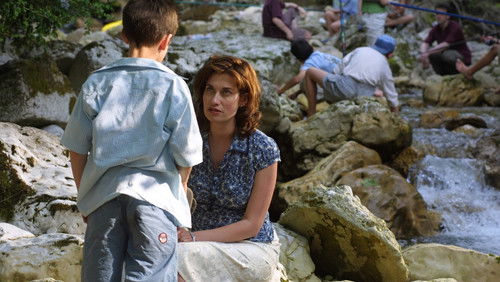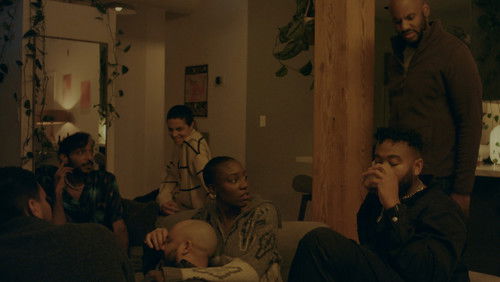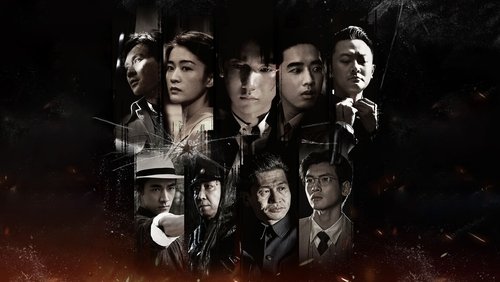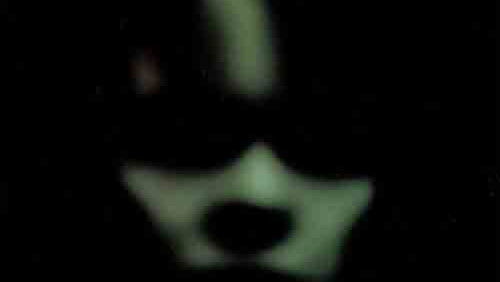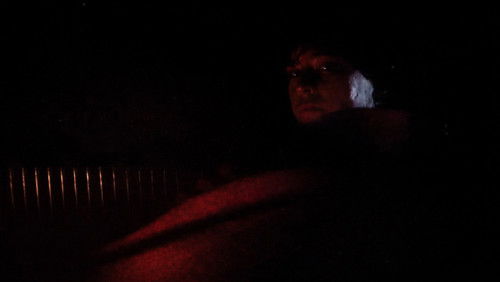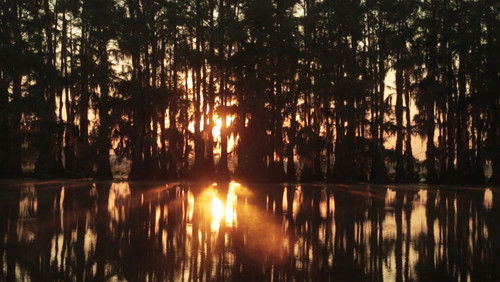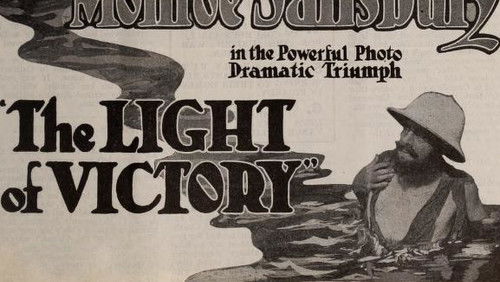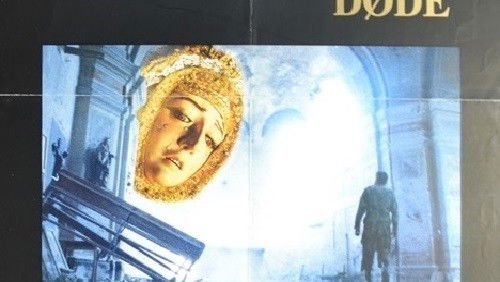Kasaba (1997)
28KKasaba: Directed by Nuri Bilge Ceylan. With Mehmet Emin Toprak, Havva Saglam, Cihat Bütün, Fatma Ceylan. The story of a family living in a small godforsaken town in Turkey seen through the eyes of children and dealing with the growing complexity when one becomes an adult.
“This is a very fresh and unusual film that explores the experiences of two children in a small rural town in Turkey in a slow and stylized manner. It seems to encapsulate the experiences of one year into a day, with the morning and school set in the winter, the journey home in the spring, and the evening in the summer/autumn, giving the film a very different feel to it. It possesses a dream like quality, even at times blending dreams with reality.u003cbr/u003eu003cbr/u003eDespite occasional spots where the camera movement is not very smooth, certainly a problem of the budget, etc., the cinematography is fresh and beautiful, very artistic. In fact, the focus on the senses and how the characters see and feel everything is one of the great strengths of this film, such as when the children are picking fruit in a cemetery and the wind picks up, blowing through the forest, or when their older cousin is loafing around at a fair.u003cbr/u003eu003cbr/u003eThere is no real u0026quot;plotu0026quot; with nothing to address and nothing in particular happening, etc., but that is not important here. The film does a great job at achieving its apparent purpose of presenting a thoughtful, sensitive, beautiful, even poetic image of these kidsu0026#39; normal experiences during a finite period of time.u003cbr/u003eu003cbr/u003eThe acting on the whole is very good. This is particularly true at the meal/fireside of the family in the woods, where the people roast maize/corn and children doze off listening to grandparents, parents, and cousin tell stories, argue, etc., in a very realistic manner that grips the viewer despite the slow pace and lack of any real event.u003cbr/u003eu003cbr/u003eOne of the main problems with the film is that there are some gaps or missing elements in the screenplay/development. An example is the introduction of the older cousin into the film in the first part. We see him, but have no idea who he is. how he relates to the two children, what he is doing there, etc. In fact, at first it almost seems like he is reminiscing and that the scenes of childhood are his memories. Similarly, the scenes of him at the fair are visually interesting and beautiful, but their value is hindered by the fact that the viewer has no idea what the point of this portion is, what is going on, or who this guy is. I found that this hampered the beginning and made it slightly confusing, so one didnu0026#39;t understand the value of it.u003cbr/u003eu003cbr/u003eAnother slight problem is that some shots seem to last a little too long for no real reason. This overall makes sense throughout the movie, considering its slow, dreamlike pace and emphasis on senses. However, sometimes, as when the camera sits on the kidsu0026#39; father as he thinks in the house near the end, it lasts too long without any apparent point artistically, etc. This is not too common, though.u003cbr/u003eu003cbr/u003eIn the end, this is a slightly flawed, but creative, contemplative, and beautiful film. It is not, however, a film for those demanding a real u0026quot;plotu0026quot; or action, etc.”
